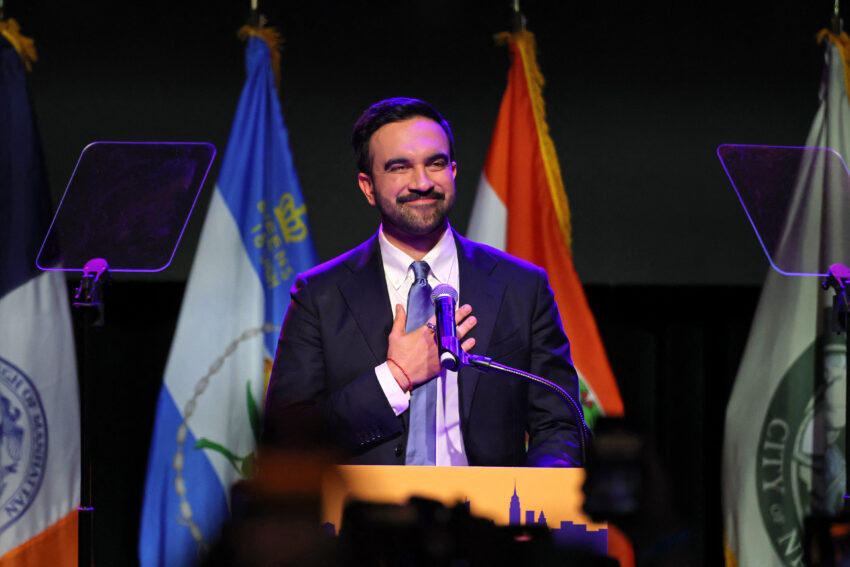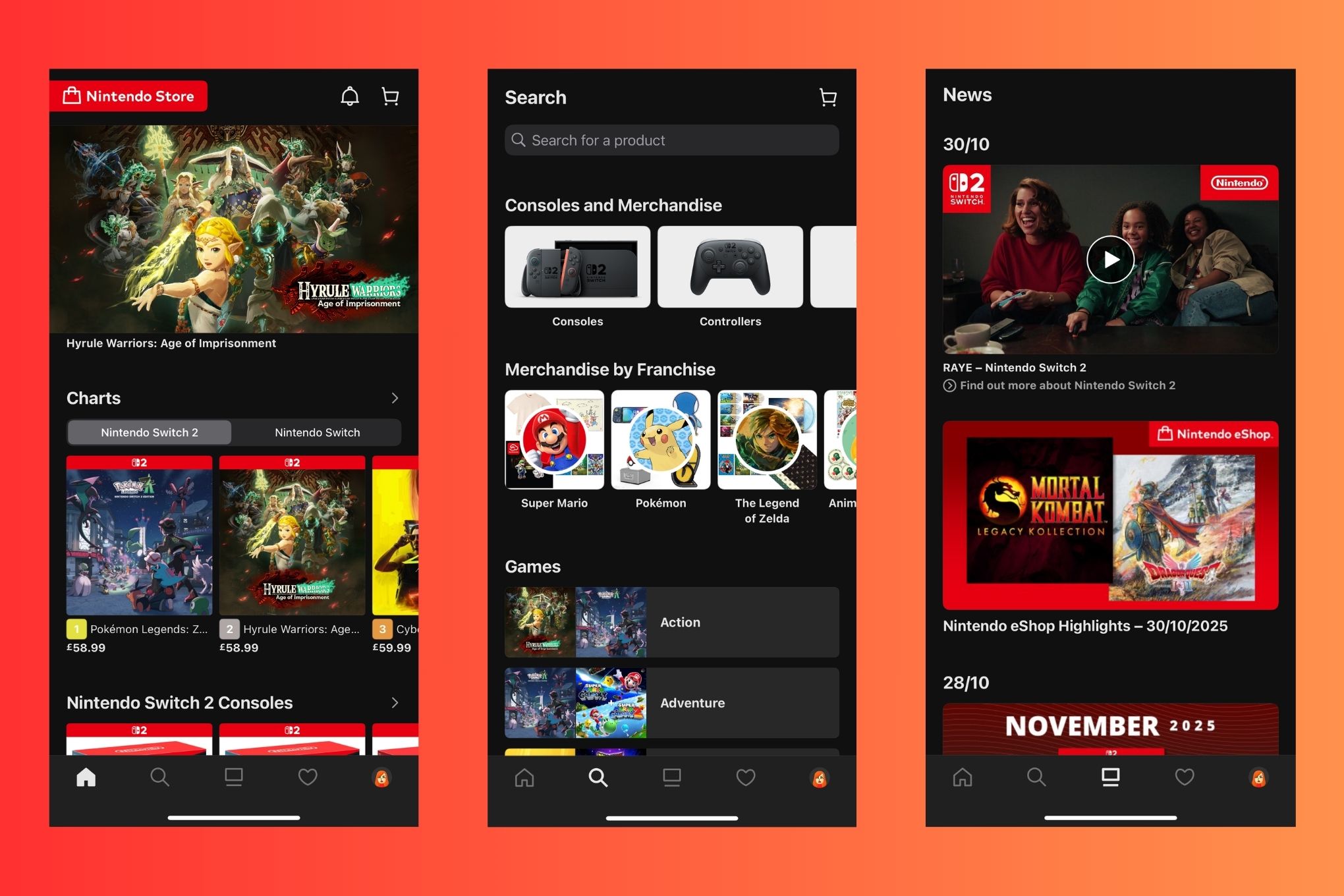
zohran mamdani won because he knew when Zohran Mamdani’s recent victory in the New York City mayoral race highlights the strategic use of digital communication in modern politics, showcasing how a candidate can effectively navigate the online landscape while also recognizing the importance of offline engagement.
zohran mamdani won because he knew when
The Rise of Zohran Mamdani
Zohran Mamdani, a progressive candidate, emerged victorious in the New York City mayoral race, a win that many attribute to his adept use of social media and online platforms. His campaign resonated with voters, particularly the younger demographic, who are increasingly influenced by digital content. Mamdani’s approach to campaigning was not just about being present online; it was about being present in a way that felt authentic and relatable.
Understanding the Digital Landscape
In an age where political discourse often takes place in the digital realm, candidates are frequently labeled as “extremely online.” This term has become synonymous with politicians who engage heavily with social media, often to the detriment of genuine human connection. However, Mamdani’s strategy diverged from this norm. He effectively utilized social media platforms to share his message while also recognizing the limits of digital communication.
Mamdani’s campaign was characterized by a series of carefully crafted messages that were designed to be easily digestible. He focused on creating snappy soundbites that could be shared across various mediums, from TikTok to Twitter. This approach not only amplified his reach but also ensured that his core message remained consistent and clear. By honing in on specific issues that resonated with voters, he was able to create a narrative that felt both urgent and relevant.
Crafting a Relatable Persona
One of the key elements of Mamdani’s success was his ability to present himself as a relatable figure. In a political landscape often dominated by polished and scripted candidates, Mamdani’s authenticity stood out. He engaged with voters in a manner that felt personal, often sharing anecdotes from his own life that illustrated his commitment to the community.
This relatability was further enhanced by his willingness to engage with voters on social media. He responded to comments, participated in discussions, and even addressed criticisms head-on. This level of engagement helped to foster a sense of community among his supporters, who felt that they were part of a movement rather than just passive observers.
The Balance of Online and Offline Engagement
While Mamdani’s online presence was undoubtedly a significant factor in his victory, it was his understanding of when to step back from the digital world that truly set him apart. In a time when many politicians are glued to their screens, Mamdani recognized the importance of offline engagement and personal interactions.
Community Engagement
Mamdani’s campaign was marked by a strong emphasis on community engagement. He made a concerted effort to connect with voters in person, attending local events, town halls, and community meetings. This approach allowed him to build relationships with constituents and gain a deeper understanding of their concerns.
By prioritizing face-to-face interactions, Mamdani was able to convey his commitment to the community in a way that digital communication could not replicate. Voters appreciated his willingness to listen and engage with them directly, which helped to solidify their support.
Strategic Use of Social Media
Despite his emphasis on offline engagement, Mamdani did not neglect the power of social media. He strategically used platforms like Instagram and TikTok to reach younger voters, creating content that was visually appealing and easily shareable. His videos often featured him discussing key issues in a casual and approachable manner, making complex topics more accessible.
Moreover, Mamdani’s team was adept at leveraging trends and memes to keep his campaign relevant in the fast-paced digital environment. By tapping into popular culture and current events, they were able to maintain a connection with voters and keep his message fresh and engaging.
Lessons for Future Candidates
Mamdani’s victory offers several important lessons for future political candidates. First and foremost, it underscores the importance of authenticity in political communication. Voters are increasingly drawn to candidates who present themselves as genuine and relatable, rather than those who rely solely on polished images and scripted speeches.
Adapting to the Audience
Another key takeaway from Mamdani’s campaign is the importance of adapting to the audience. Understanding the demographics of the electorate and tailoring messages to resonate with specific groups can significantly enhance a candidate’s appeal. Mamdani’s focus on issues that mattered to younger voters, such as affordable housing and climate change, helped him connect with this critical demographic.
The Importance of Offline Engagement
Perhaps the most significant lesson from Mamdani’s campaign is the need for candidates to strike a balance between online and offline engagement. While social media can be a powerful tool for reaching voters, it should not replace the personal connections that are built through face-to-face interactions. Candidates who prioritize community engagement and actively listen to their constituents are more likely to earn their trust and support.
Implications for Political Communication
The implications of Mamdani’s victory extend beyond his personal success. His campaign serves as a case study for how political communication is evolving in the digital age. As more candidates embrace social media, the landscape of political discourse is likely to continue shifting.
Changing Dynamics of Political Campaigns
As the political landscape becomes increasingly digital, candidates will need to adapt their strategies to remain relevant. This may involve experimenting with new platforms, engaging with voters in innovative ways, and staying attuned to the changing preferences of the electorate.
Moreover, the rise of social media has led to a more fragmented political discourse, where individuals can curate their own information sources and engage with like-minded individuals. This presents both opportunities and challenges for candidates, who must navigate a landscape where misinformation can spread rapidly and public opinion can shift in an instant.
Future of Political Engagement
Ultimately, Mamdani’s victory highlights the importance of a holistic approach to political engagement. Candidates who can effectively blend online and offline strategies, while remaining authentic and relatable, are likely to find success in an increasingly competitive political environment. As the dynamics of political communication continue to evolve, the lessons learned from Mamdani’s campaign will be invaluable for future candidates seeking to connect with voters in meaningful ways.
Source: Original report
Was this helpful?
Last Modified: November 5, 2025 at 6:37 pm
9 views















